
Echo Indigo
Your laptop computer probably already has a headphone output — but does it offer low-latency 24-bit ASIO, GSIF, MME, Direct Sound and Core Audio drivers? Echo's Indigo does.
To find the exact phrase, put the words in quotes or join them together with a plus sign e.g. live+recording or "live recording".
To find, say, all live recording articles that mention Avid, enter: live+recording +avid - and use sidebar filters to narrow down searches further.

Your laptop computer probably already has a headphone output — but does it offer low-latency 24-bit ASIO, GSIF, MME, Direct Sound and Core Audio drivers? Echo's Indigo does.

Symbolic Sound say the Pacamara Ristretto delivers on average a 2.5 times jump in performance, more connectivity options and seamless integration with audio and MIDI applications.

No expense has been spared in the design of Lynx Studio Technology's latest soundcard, which adds 192kHz capability to remarkable sound quality, bringing it into real competition with high-end, stand-alone converter boxes.

RME have added MIDI I/O and extensive DSP facilities to their well-regarded Hammerfall digital soundcard. Will the new Hammerfall DSP keep its place as a benchmark for audio interface design?

RME's DIGI range of soundcards offers comprehensive cross-platform support, high audio quality and lots of extras, such as digital format conversion.

Despite the obvious attractions of portable recording systems based around laptop computers, high-quality compatible audio hardware is scarce. That looks set to change, however, now that Echo Audio have adapted their popular Mona and Layla 24 interfaces for laptop use.

M-Audio's Audiophile PCI card is already a popular choice for musicians who require high-quality audio I/O. Now those without PCI slots can access similar features, thanks to this new USB version.

RME's latest PCI soundcard is their first to support 192kHz sample rates, and offers a different balance of features compared with their existing Hammerfall cards.
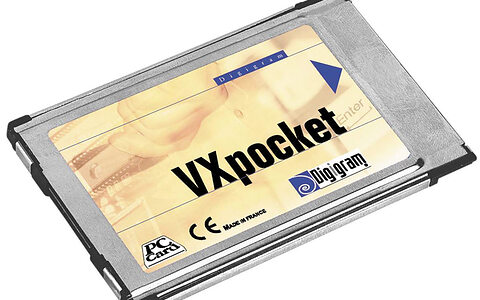
Laptop computers have tended to be difficult to use for music, one of the main problems being their limited or non-existant audio I/O. Vo Fletcher tries out a product which eliminates this shortcoming.
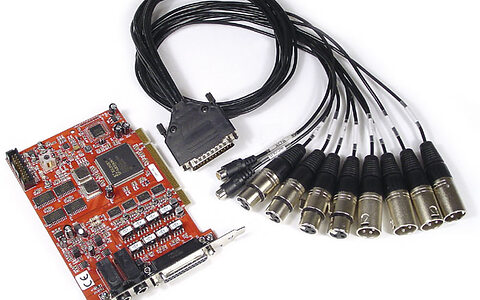
Among audio professionals, the electronic AES-EBU format is widely used for digital audio transfer. The SEK'D Prodif 88 soundcard equips Windows PCs with eight channels of AES in and out at up to 24-bit/96kHz.
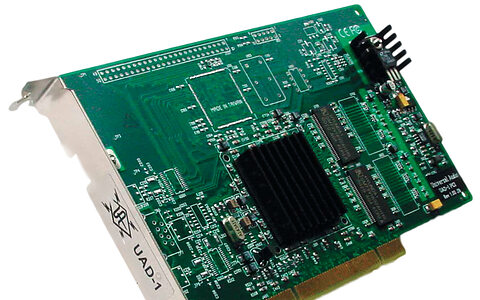
A new wave of dedicated DSP cards is helping computer musicians boost their plug-in power. The latest to appear is Universal Audio's UAD1, which offers recreations of vintage compressors as well as a high-quality reverb.
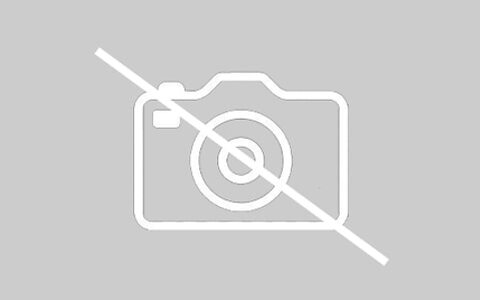
PC sound cards often provide surprisingly sophisticated facilities, only to fall down on the quality of their synth sounds. Panicos Georghiades takes a look at a new contender that ups the ante with a little help from Korg...

If you're thinking of buying a PC soundcard specifically for HD recording, you'll find the market awash with models old and new. Martin Walker provides an overview of what's currently available.

Many musicians with computer-based studios don't need lots of inputs and outputs, but that doesn't mean they're happy to put up with poor audio quality and design compromises of consumer soundcards. However a new type of affordable, high-quality soundcard is now emerging to meet this need. Martin Walker puts two or the leading candidates to the test.

Emu's range of soundcards offers an unprecedented level of flexibility, DSP power and sound quality for the price — with the added bonus of a very impressive software sampler.

Martin Walker tests an inexpensive, high-quality soundcard which uses virtual outputs to allow multiple PC applications to share its hardware outputs.
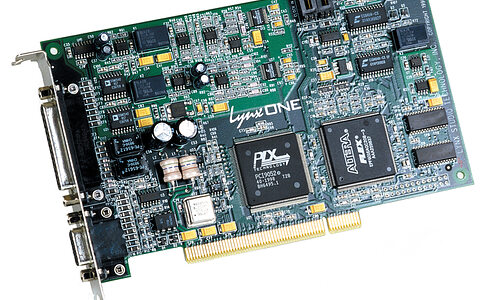
Despite the ever-increasing number of PC recording cards on the market, there's one particular niche that has remained unaddressed, for years. Martin Walker tries out a product that, at last, fills the gap.

Martin Walker answers some of the most common queries about setting up and using your soundcard, and achieving the best audio quality.